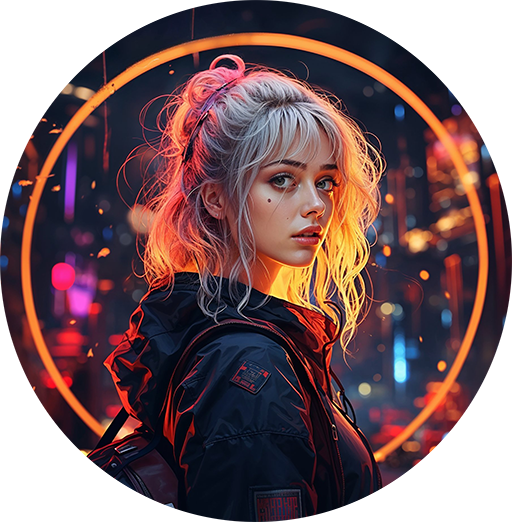The rise of AI technology has brought about many changes in various industries, and photography is no exception. With AI photography, the line between what is real and what is fake has become increasingly blurred. This has sparked a debate on the significance of authenticity in photography and the impact that AI technology has on the art form.
Artificial intelligence is being used to enhance photos, manipulate images, and even create entirely new images from scratch.
This technology can produce highly realistic images, making it difficult to distinguish between what was captured in a camera and what was created in a computer.
While AI photography has the potential to revolutionize the industry and open up new possibilities for artists, it also raises questions about the ethics of using AI in photography. Is it acceptable to use AI to create images that are not entirely real? And if so, should these images be labeled as such?
On one hand, AI technology has the potential to increase access to photography and democratize the art form. For example, AI can be used to recreate images of historical events or moments that were never captured in photographs. However, there is also the risk that AI photography could be used to deceive or manipulate the public, blurring the line between truth and fiction.
The debate on the significance of authenticity in AI photography is ongoing and will likely continue to evolve as the technology progresses. Regardless of one’s personal opinion on the matter, it is clear that AI photography is challenging our perception of reality and forcing us to rethink the meaning of authenticity in the digital age.
In conclusion, AI photography is a fascinating and complex topic that raises important questions about the role of technology in the art form and the impact that it has on our understanding of reality. As the use of AI in photography continues to grow, it will be important to carefully consider the ethical and philosophical implications of this technology.
